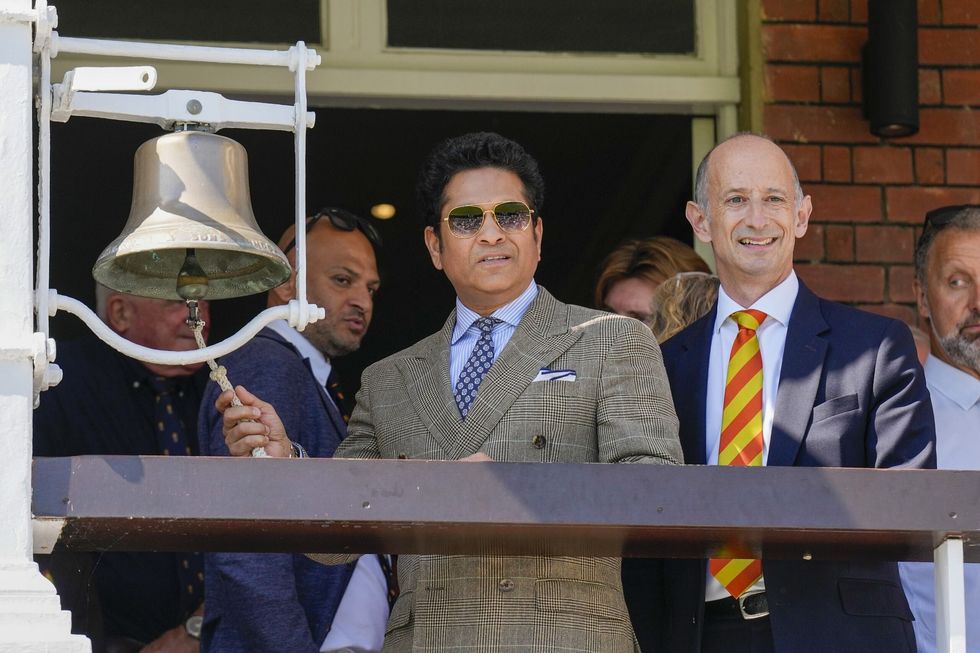A PUBLIC inquiry into the 2017 Grenfell Tower fire in London has placed blame on government failings, the construction industry, and, most significantly, the companies responsible for installing flammable cladding on the building.
The fire, which occurred on 14 June 2017 in a 23-storey social housing block in West London, claimed the lives of 72 people. It was the deadliest residential building fire in Britain since World War Two.
The final report from the inquiry, released on Wednesday, assigned the majority of the responsibility for the disaster to the companies involved in the tower's maintenance and refurbishment, as well as local and national authorities and firms that marketed combustible cladding materials as safe.
The report also criticised the government, the local authority of Kensington and Chelsea, regulatory groups, and the fire brigade for their inadequate responses and long-standing inaction on fire safety in high-rise buildings.
"The fire at Grenfell Tower was the culmination of decades of failure by central government and other bodies in positions of responsibility in the construction industry," the inquiry report stated. The report is nearly 1,700 pages long.
Since the fire, survivors and the families of those who died have been calling for justice and for those responsible to be prosecuted. British police have identified 58 people and 19 firms and organisations under investigation, but prosecutions, including for corporate manslaughter and fraud, are still years away due to the complexity of the case and the need to review the inquiry's findings.
"I can’t pretend to imagine the impact of such a long police investigation on the bereaved and survivors, but we have one chance to get our investigation right," said Deputy Assistant Commissioner Stuart Cundy.
Keir Starmer's spokesperson emphasised that the government is committed to ensuring that those responsible are held accountable.
An earlier report in 2019, focusing on the night of the fire, found that an electrical fault in a refrigerator in a fourth-floor apartment sparked the blaze. The fire then spread rapidly due to the cladding installed during a 2016 refurbishment, which was made of flammable aluminium composite material.
The inquiry, led by retired judge Martin Moore-Bick, identified numerous failures, noting that lessons from past high-rise fires had not been heeded and that fire safety testing systems were inadequate.
The report placed significant blame on those involved in the refurbishment of the tower with the flammable cladding, specifically naming architect Studio E, principal contractor Rydon, and cladding sub-contractor Harley. Fire safety inspectors Exova were also criticised for leaving the building "in a dangerous condition" after the refurbishment.
Kensington and Chelsea Council and the Tenant Management Organisation (TMO) were heavily criticised for their disregard for fire safety regulations in the years leading up to the fire. The TMO was particularly noted for its strained relationship with residents, which contributed to a "toxic atmosphere," and for being overly focused on cost-cutting.
While local community and voluntary groups were praised for their support, the council was criticised for its slow and inadequate response to the disaster.
The inquiry also condemned the firms involved in producing and selling the cladding and insulation materials—Celotex, Kingspan, and Arconic Architectural Products. The report concluded that these companies engaged in "systematic dishonesty" by manipulating testing processes, misrepresenting data, and misleading the market.
The use of exterior cladding has raised concerns across Europe, with similar fires occurring in apartment blocks in Valencia, Spain, in February, and in Italy in 2021.
In the UK, government figures from July revealed that 3,280 buildings 11 metres or taller still have unsafe cladding, with remediation work yet to begin on more than two-thirds of them.
(With inputs from Reuters)






 (Photo credit: PTI)
(Photo credit: PTI)










 Kendrick Lamar and SZA commands the stage at Villa Park during his explosive opening setInstagram/
Kendrick Lamar and SZA commands the stage at Villa Park during his explosive opening setInstagram/
